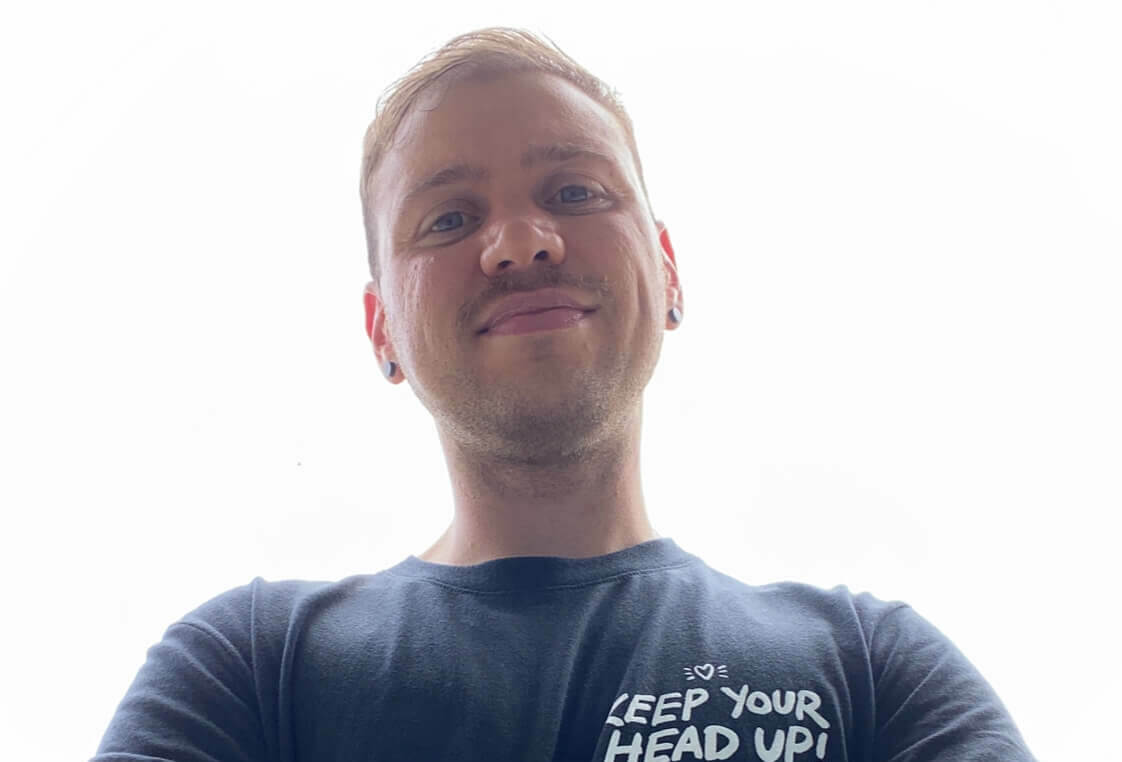They, Them, Their: Celebrating Non-Binary People’s Day
Q: What does being non-binary mean for you?
A: For me, I am gender neutral and that means I feel neither male nor female.
Q: In what ways might assumptions around gender and identity be harmful around body and self image?
A: Gender and body image can be interlinked particularly if your body does not reflect what you feel inside. When people perceive you as a gender you are not it can be confusing or frustrating. For me it was more confusing when I did not know there was a word for how I felt.
I watched a YouTube recently about a two spirit person in Canada and a grandmother had pulled the child aside when they were young and said “you are two spirit” and explained what that meant. It’s not just us who should understand and recognise ourselves but those close enough also need to be educated to recognise, guide and support that.
A complementary issue is that in erasing lgbtqia and non-binary people there are whole identities that are erased and cannot be passed down or role modelled. Now non-binary people have to figure it out themselves and forge their own path rather than being recognised and accepted for who they are.
Q:What is something you want people to know about being non binary
A: We have similarities and differences. There are many ways to identify across sex, gender, sexuality and expression (masc/fem/androgynous etc).
Expression doesn’t always equal gender for non-binary people. For example you could be assigned male at birth (AMAB) and present masculine or AFAB and fem. Some people are comfortable with that whereas others may feel fear of rejection in expressing who they are.
Changing expression for non-binary people can be similar to trans people and can also mean wearing clothes that don’t match their assigned gender taking hormone medication or having surgeries. non binary people can also be transgender for example if they change their expression from something typical to AMAB/AFAB to non-binary.
Q: What are some things people have said to you that might be unintentionally hurtful?
A: For me I’d probably use frustrating more than hurtful as I don’t think I necessarily feel hurt when someone says something innocently. I generally just use that to reflect that we think differently or have different knowledge.
Something that has come up now that I’m pregnant is people asking if I want a girl or boy, like there are only two options.
What is more frustrating is the lack of knowledge, acceptance and recognition in Australian and general global society of people who are transgender and non-binary.
Q: What are some of the things other people can do to make you feel validated and heard?
A: Start by doing some research about non-binary people. There are plenty of websites, YouTube videos and books by and about non-binary people. If you know someone who is non-binary ask them if they are comfortable talking to you about their experiences and listen in a non judgmental way. If you know one non-binary person it doesn’t mean you know all non-binary people as everyone is their own person and has their own experiences.
Q: How can Butterfly continue to support non binary members of the community?
A: Continued training for staff to ensure acceptance of non-binary people.
Q: Anything you’d like to say that might help people with their identity?
A: Keep learning, keep exploring and find some other non-binary people to connect with.
If this resonates with you or has brought up any feelings you want to talk about, reach out to our National Helpline. Our Helpline counsellors receive LGBTIQA+ competence training and are committed to providing non-judgemental support as a free and confidential service for anyone impacted by eating disorders or body image issues.






















